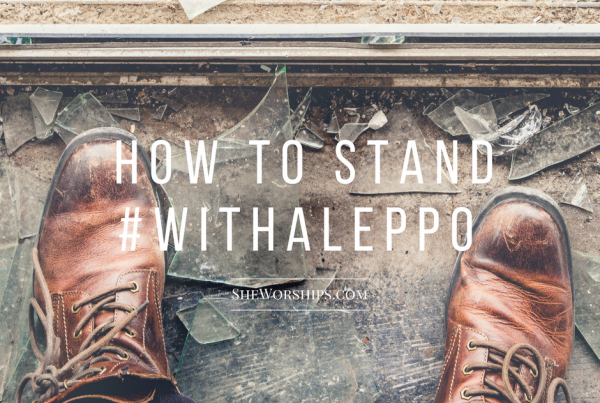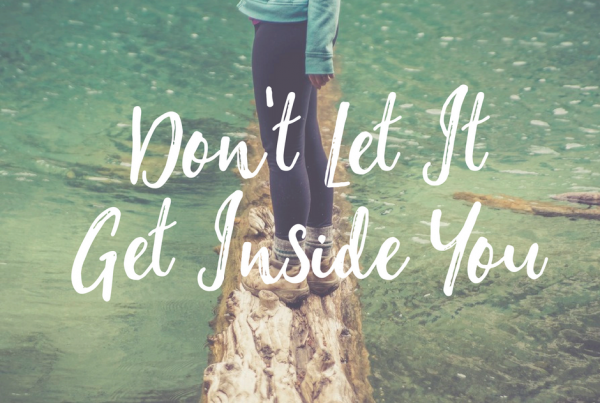Along with the rest of our country, this whole fiasco with Michael Vick has given me a lot of food for thought. As happy as I am that he’s being prosecuted for a heinous crime, it’s very strange that the legal system handles him more swiftly, and the public reacts to him more passionately, than to a person who hurts human beings. Even speaking personally, I hear about murders and rapes on the news all the time, but that information rarely affects me to the extent that I was affected by the stories of these dogs. When I heard about what Vick and the other perpetrators did to those animals, I actually felt sick to my stomach for awhile. If I am so moved by mere dogs, why am I not more affected by the pain and suffering of humans?
My first conclusion would be to assume that we undervalue human life, and while I think there is a great deal of truth to that statement, I think there is another element at work as well. This alternate dynamic dawned on me when I took my own dog to the dog park today.
As I pulled up to the dog park this afternoon, I saw that there was only one dog inside, and it was unfortunately an English Pointer. In other words, it was roughly 8 times the size of Ellie. I thought they might be able to see past their differences and play together peacefully, but because of the dog’s massive size, his idea of playing equalled Ellie’s idea of a near death experience. She was terrified, so she kept jumping into my arms seeking refuge. Finally, I picked her up to comfort her and she was shaking with fear. The other dog’s owner saw how scared Ellie was, so she came over and started petting her, trying to reassure her. I could tell she really liked Ellie as she showered her face with kisses.
Now this bestowal of affection by a stranger onto my dog was not a first. Whenever I take Ellie out, she always elicits smiles from people, and complete strangers will come pet her, many times without even asking permission. And I don’t think this phenomenon is unique to my dog. People feel an instant affection for dogs–they immediately assume the best of them.
But not so with people. We are generally suspicious of people we don’t know, keeping as much distance from strangers as possible, usually assuming the worst. How backwards a world we live in! Why are we so affectionate towards mere animals, yet cold toward our fellow human beings?
This is a direct result of sin. What we love about dogs is that they are loyal and loving, yet without sin. They do nothing out of spite or vengeance, and they accept us just the way we are. They are blindly faithful.
But with humans, even our love is tainted. Even when our intentions are good, sin is still lurking. And because of this sin nature in humans, a nature that so frequently lashes out and wounds, it’s much easier to display unabashed affection on an object that won’t betray your heart. It is this fear of getting hurt that frequently translates into an inordinate amount of love for our pets. It’s not that pets aren’t wonderful things, (I love my dog!) but a tremendous number of people will lavish affection on their animals while being simultaneously unable to tell their own family and friends that they love them.
In short, the sensitivity that humans show animals is not always a devaluing of human life, but a fear of opening up one’s self to human, fallen love. Most of us have been hurt so many times that we choose to only love those things that can’t hurt us.
That, however, is a kind of perverted love that Christ has freed us from. Christ loved the world in in a way that made him the *most* vulnerable, not the least. Christ’s love did not amount to self-preservation–it was quite the opposite. Pure love is able to love freely and without fear because it is secure in God and has no need for affirmation from others. That is the kind of love that a lost world needs, but as long as Christians remain content to hoard God’s grace and love cautiously, then we should not be surprised to see the world continue to lavish its precious gift of love upon mere beasts.
Yes, the Michael Vick scandal has taught us a lot about our culture’s warped understanding of love, but perhaps it reveals even more about our unwillingness to show our world the one, true love.





